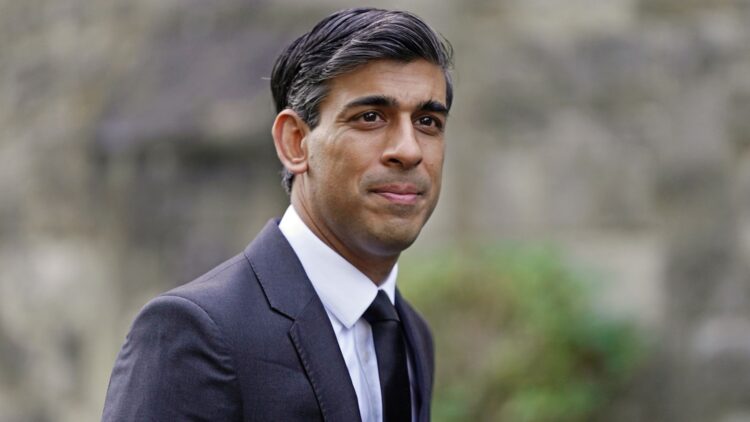By Ben Kerrigan-
Chancellor Rishi Sunak’s government is poised to introduce comprehensive legislation to override the Supreme Court’s prohibition on sending asylum seekers to Rwanda.
The legislation, expected to be unveiled within a fortnight after the autumn statement, will be primary legislation, necessitating passage through all conventional stages in both the Commons and the Lords, Downing Street confirmed. Sunak’s spokesperson expressed a desire to expedite the process, though the pace will hinge on cooperation from other parties and Commons Speaker Lindsay Hoyle.
Sunak announced the legislative plan following the unanimous Supreme Court ruling against the asylum-seeker deportation strategy.
The proposed emergency legislation aims to establish Rwanda as a safe destination for asylum seekers, paving the way for flights to commence in spring. However, there is no guarantee of this timeline, and cross-party support for such emergency legislation appears unlikely.
The Chancellor’s spokesperson affirmed Sunak’s intention to urge MPs and peers to endorse the law, asserting that it aligns with public sentiment.
The spokesperson stated, “We believe we are acting to fulfill the wishes of the public, and we are sure that parliament will want to respect that, but obviously they will be able to scrutinize the detail.”
The Supreme Court ruling dealt a significant blow to Sunak’s plan, central to his commitment to curb unofficial arrivals of asylum seekers via small boats across the Channel.
The court expressed concerns that individuals facing deportation to Rwanda might experience “refoulement,” potentially being sent back to their home countries where they could face harm, even if they have a legitimate case for asylum.
Sunak also announced plans to enact a comprehensive treaty with Rwanda on the treatment of arrivals. While this treaty could be published as early as next week, the process involves a delay of at least 21 Commons sitting days before ratification.
Downing Street believes that the combination of legislation and a treaty represents the fastest route to commence flights, aiming to preempt legal challenges.
The proposed legislation is viewed as a measure to counteract “systemic” challenges such as judicial reviews, although it remains uncertain whether individuals facing deportation could still launch legal challenges.
Sunak’s spokesperson expressed confidence that the government has addressed the Supreme Court’s concerns regarding the safety of asylum seekers in Rwanda.
The spokesperson stated, “We think that the substantive work we have done in preparation for the possibility of this outcome will address the concerns the court raised – obviously the court was looking at a situation from 15 months ago.”
Despite intense pressure from the right wing of the Conservative party to initiate deportations, Sunak faces political risks, with veiled warnings from Prime Minister Boris Johnson that intervention from the European Court of Human Rights could lead the UK to reconsider its international relationships connected not only to the Strasbourg court but also the UN refugee convention.




